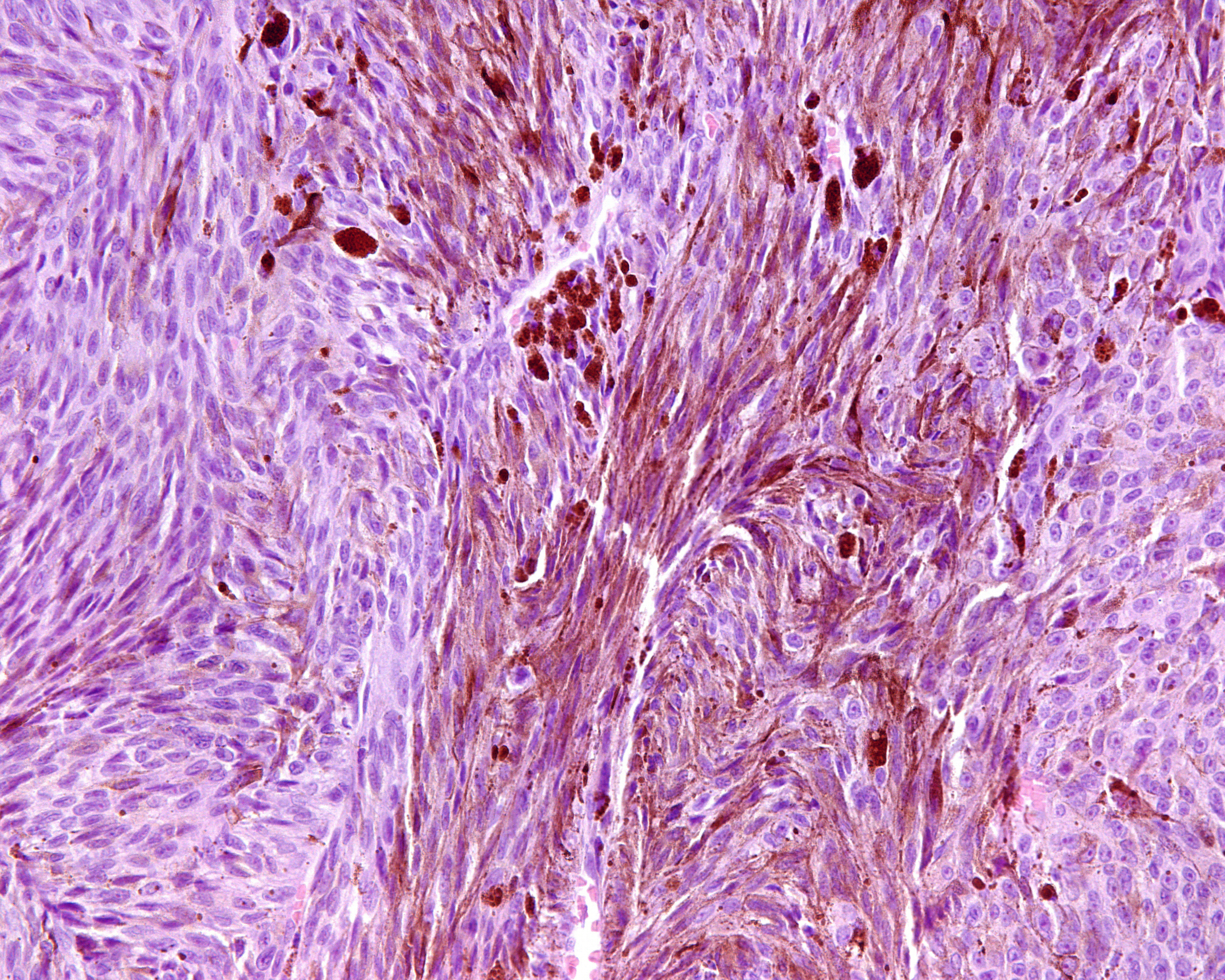
Researchers may have uncovered the mechanisms behind the development of targeted therapy resistance in melanoma, according to a recent study published by Aya Moreno et al in Cell Reports. Despite positive initial responses to the combined use of first-generation BRAF/MEK inhibitors—which have become one of the standard treatment options in patients with melanoma over the past decade—approximately 50% of patients with BRAF-mutated melanoma will relapse within 1 year. In these cases, melanoma cells can acquire treatment resistance and reactivate the MAPK pathway for uncontrolled cell growth. In the study, researchers found that in response to targeted therapy, melanoma cells broke down parts of their BRAF gene through genomic deletions. As a result, tumors were able to create alternative versions of the protein (altBRAFs) that lacked regions targeted by BRAF inhibitors, reactivate the MAPK pathway, and make targeted therapy less effective. The results were consistent across various laboratory models and patient tumor samples. The researchers noted that altBRAFs were previously thought to be created through alternative splicing. The discovery that genomic deletions rather than splicing may be the cause behind treatment resistance could call for a shift away from the use of drugs targeting splicing as a therapeutic strategy. Notably, the researchers found evidence of the same genomic deletions in melanoma cells that had not been previously treated, demonstrating that melanoma could naturally develop mechanisms that mimic treatment resistance even without exposure to drugs. Identifying and targeting these early resistance mechanisms through genetic testing in a clinical setting prior to treatment initiation could improve the efficacy of first-line therapies. Further analyses revealed that genomic deletions may be a more widespread mechanism of oncogenesis and treatment resistance than previously considered. Although still uncommon, the researchers discovered altBRAFs in melanoma cells with normal-functioning BRAF genes as well as in other types of cancers—including non–small cell lung cancer, breast cancer, renal cell carcinoma, and prostate cancer. The researchers hope that their new findings can lead to novel therapies that inhibit the function of altBRAFs, such as RAF inhibitors.